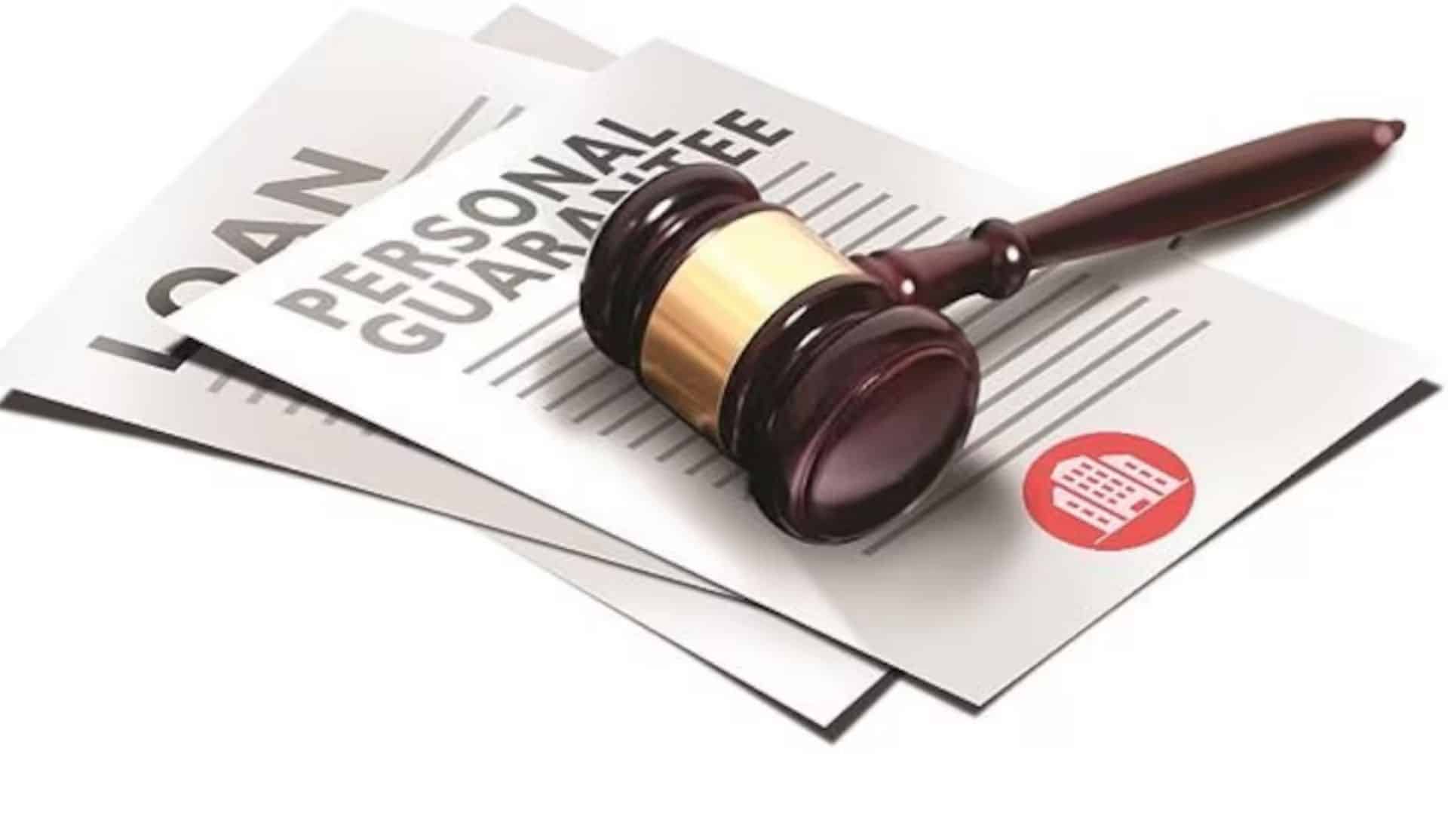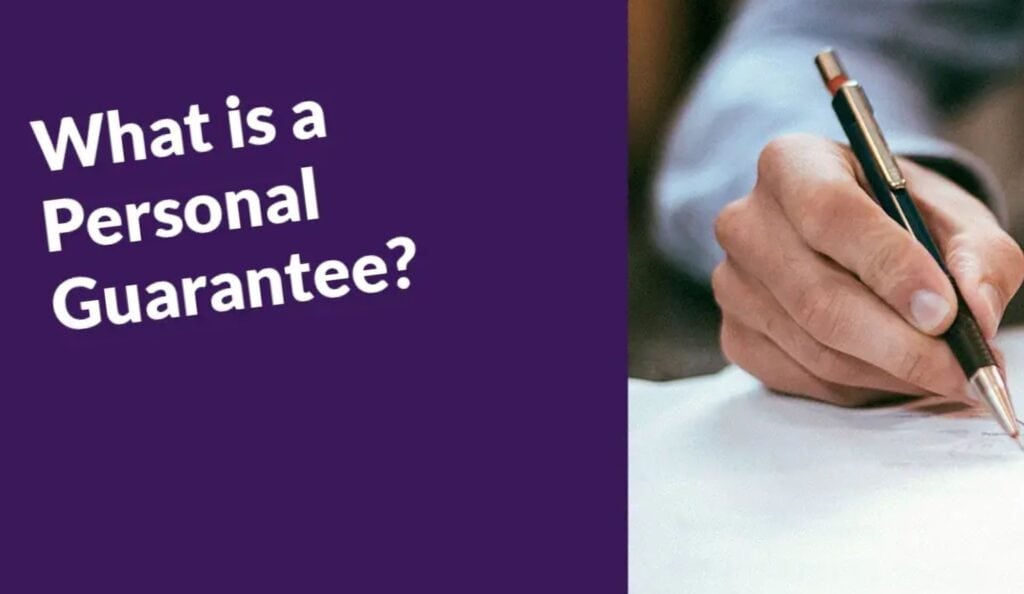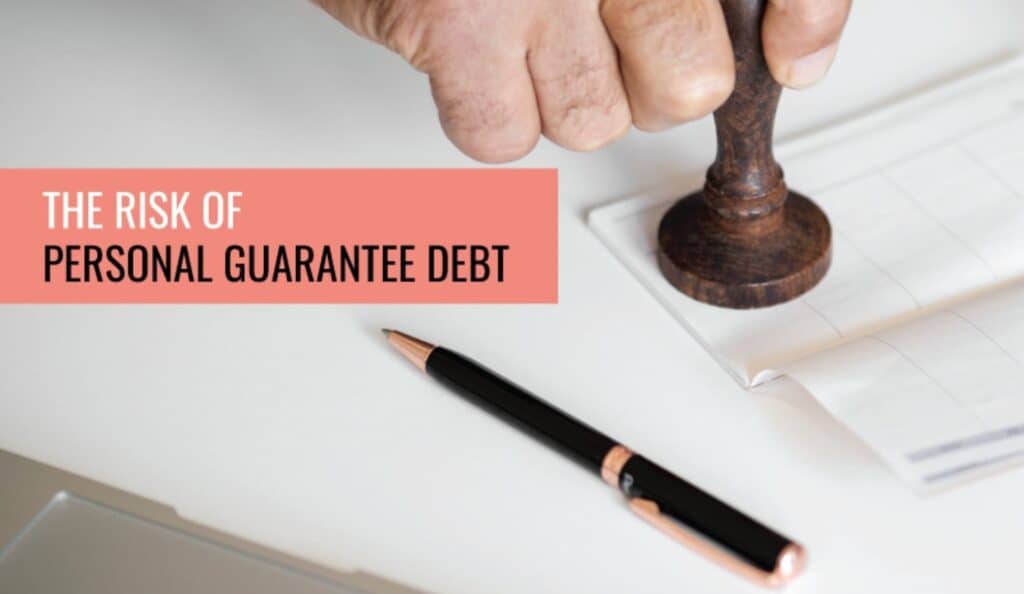
By merchantservices April 7, 2025
In the USA, when businesses apply for a merchant account, they are typically required to sign a personal guarantee. This is to accept responsibility for personal payment or losses to their account. It allows payment processors better to manage their risks, and information on unpaid fees and chargebacks.
However, personal guarantees can carry serious financial risks for business owners. It gives them access to crucial payment services but also threatens their personal finances. Knowing the rationale for a personal guarantee and potential alternatives can empower business owners to be better informed when opening their accounts with merchants.
Understanding Personal Guarantee

There are many reasons you might need a personal guarantee. With a personal guarantee, a merchant account is a legal contract in which the business owner agrees to do whatever it takes to pay the debts or losses incurred through the business when using credit card services. There are payment processors that a guarantee is needed, particularly for a new business or one with bad credit. If the business cannot pay its debts, the owner must bear the costs personally. Owners should be aware of this responsibility before they agree to something that can lead to significant debt problems and damages to their credit score.
This is common practice when it comes to businesses and obtaining credit, such as a loan. When you apply for a loan, banks may require a personal guarantee. Such a scenario may occur in contracts between businesses as well. This is bewildering to many, as businesses are supposed to shield owners from personal liabilities.
Moreover, by signing a personal guarantee, you agree to pay if your business can’t. That means your personal assets and credit are on the line if the business goes belly up. They don’t always want the entire loan guaranteed, just a portion of it. So, before you commit, be absolutely sure you’re comfortable with the amount you’re agreeing to cover. On top of that, providers prefer to minimize their risk, so they tend to ask for personal guarantees. And while taking on this risk may feel intimidating; many providers won’t underwrite a merchant account without it. There might be alternative options, such as utilizing business assets as collateral, but each option will come with its own advantages and disadvantages.
And it is advisable that business owners must consider the advantages and disadvantages of personal guarantees.
Guaranteed Merchant Accounts
A guaranteed merchant account is an arrangement in which a business owner agrees to pay any outstanding charges or debts even if they fail to repay the loan. Numerous payment processors ask for this in order to lower financial risks, particularly when dealing with chargebacks or fraud.
What about the Merchant Account without a Personal Guarantee?
It is possible to obtain a merchant account without a personal guarantee, but it may be challenging. There are some providers who accept companies according to credit history or collateral rather than a personal guarantee. Yet, without it, companies may have higher fees, delayed settlement, or more stringent approval requirements. Ensure that your company has great financial solidity and a solid record prior to applying to increase the possibility of getting better terms.
Purpose of Merchant Account Personal Guarantee
A merchant account personal guarantee is when the owner of the business promises to pay any debt or loss if the business can’t. Although businesses are legal entities, payment processors insist on this guarantee to ward off financial loss. Certain businesses, particularly those involving high-risk businesses, have more likelihood of chargebacks when a customer claims a transaction as unauthorized and asks for a refund. Chargebacks may occur due to fraudulent transactions, defective goods, or dissatisfaction. If a company is too high in chargebacks, it can be deemed high-risk, and it’ll face increased processing fees and more stringent terms.
Examples
Suppose A operates a business selling CBD products, which is a high-risk business. A generates $10,000 in sales one month, and A’s merchant account processor deposits the money in A’s account. And A has immediately spent it on business-related expenses such as salaries and advertising.
But then something goes awry A’s products are faulty and get customers ill. Customers demand refunds, and the merchant processor refunds their money. Now they demand that A repay the $10,000, but A no longer has the money.
As, because A has signed a personal guarantee, A is on the hook for this debt. This means A will have to pay the amount out of A’s own pocket, even though the business can’t afford it.
Who signs the Personal Guarantee?

If you have business partners, you don’t have to assume all the risk yourself. Lenders like to share the responsibility among several owners, particularly if one person owns at least 20% of the business.
If you are not an entrepreneur but are required to sign a personal guarantee, be cautious. If the business is unable to make its payments, you may be liable even though you do not influence its decisions.
Reason to Sign a Personal Guarantee for a Merchant Account
Most providers of merchant accounts ask the owners to sign a personal guarantee when opening a merchant account. This will hold the owner personally liable in case the company does not pay. Although companies are established as legal entities in order to exempt members from liability, signing a personal guarantee could void this, and thus owners are reluctant to do so. Personal guarantees, however, are a standard condition to limit the payment processor’s financial risk.
If you are worried about a personal guarantee, providers in some cases will waive it. They only do that in the case of businesses that are publicly traded or well-established financially, often with a minimum of two years of history behind them. These conditions allow underwriters to have confidence that your company can take care of financial responsibilities without requiring further security in the form of protection by owners.
A merchant account provider is financially responsible for every dollar that is processed through a merchant account. They can face liability if a business receives money but does not provide products or services as promised. To mitigate this risk, underwriters can only approve an account after reviewing an application and performing checks on information such as projected sales, company financials, and the owner’s credit history.
For instance, a business that sells snowboards globally and then discovers that they are faulty may not have the funds to refund consumers. If customers challenge their transactions, the merchant provider could be forced to cover the refunds. Another instance is when a company opens a merchant account, accepts payments, and vanishes without shipping products then that is a payment fraud. Due to risks such as these, providers typically ask for personal guarantees to hold business owners accountable for losses. A merchant may request an exception, but the underwriter makes the decision about whether to approve the account. If a business is high risk, the provider may ask for a rolling reserve or a deposit to cover themselves.
Risks of Personal Guarantee

Banks have a lot at stake when they extend loans or credit to businesses. To protect themselves, they often demand that business owners sign a personal guarantee, meaning the owner must repay the debt if the business can’t.
They agree to personal guarantees because, in order to operate their businesses, they need financing. But this can be dangerous for the owner. If you are not confident your business can pay its bills, you should think long and hard before you sign a guarantee.
The top two risks of personal guarantees:
Personal Guarantees Are Difficult to Eliminate
You can get rid of a personal guarantee only if you sell the business and are formally released from the agreement, or file for personal bankruptcy. Business bankruptcy does not discharge personal guarantees unless the business is a sole proprietorship.
Your Personal Assets Are at Risk
If your company defaults on payment, you might have to put up your personal belongings as payment. Lenders use personal guarantees to protect themselves if you have poor credit. If you can’t pay back the loan, you may face a lawsuit and have assets seized in order to pay off the debt.
Conclusion
It’s important for business owners to understand what a personal guarantee means when getting a merchant account. This guarantee gives access to payment services but also puts the owner’s personal money at risk if the business fails to pay its debts.
By signing a personal guarantee, you agree to pay back business debts, which can affect your credit score and personal belongings. There are other options, like offering collateral or finding lenders who don’t need guarantees for strong businesses, but these can be more expensive or have tougher rules. Business owners should think carefully about their money situation and future plans before agreeing to a personal guarantee, so they know the risks involved. Being careful and informed can help protect both the business and personal finances.
Leave a Reply